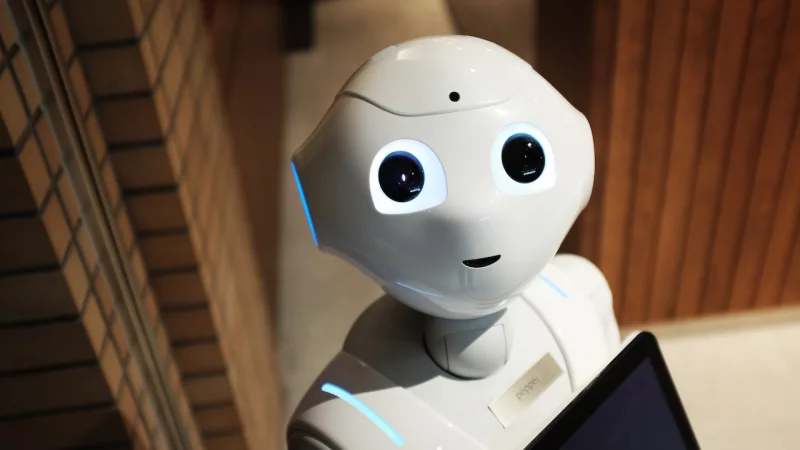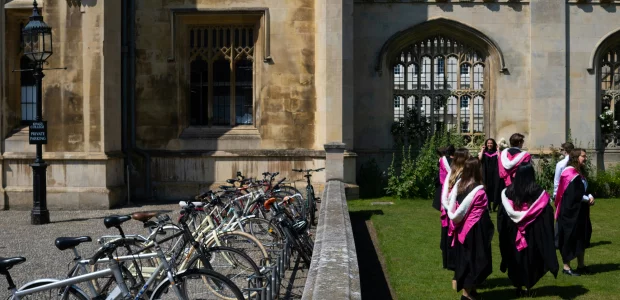
According to Mr. Oranje, testing will not go away in the upcoming decade but rather, assessments will change. He elaborated:
Instead of having these somewhat artificial events where you have an assessment and you’re just looking at the end product, we design learning experiences where we follow the student throughout the learning process.
Check out: Studying in the Age of Digital Distraction
Examples of future assessments are virtual and augmented reality simulations and interacting with a massive open online course (MOOC) or game-based learning experiences.
He further suggested that only those who have a strong understanding of what data is actually important and why will be able to succeed. Since Big Data is often bloated with unusable and even incorrect information, those who can filter through entire datasets and separate the quality work from the unusable information will be the ones creating meaningful innovations.
The third point made by Mr. Oranje is that “at least 95% of the current educational technology offerings will be gone” in a decade. According to him, only the resources of the highest quality will remain in use:
The ed-tech that’s going to survive is what is most useful to teachers, that is developed by and for teachers, and that makes their job more meaningful.
When asked if he’s confident that his three bold statements will come true, Andreas Oranje said that he is not - and this is why he calls them predictions. However, he also clarified:
I’m confident it will happen, but it will not happen everywhere at the same time. It’s like that famous quote (by sci-fi author William Gibson) - the future is already here, but it’s not uniformly distributed.
Check out: Reputation Management in a Digital World (MOOC)
Source: ETS



Comments